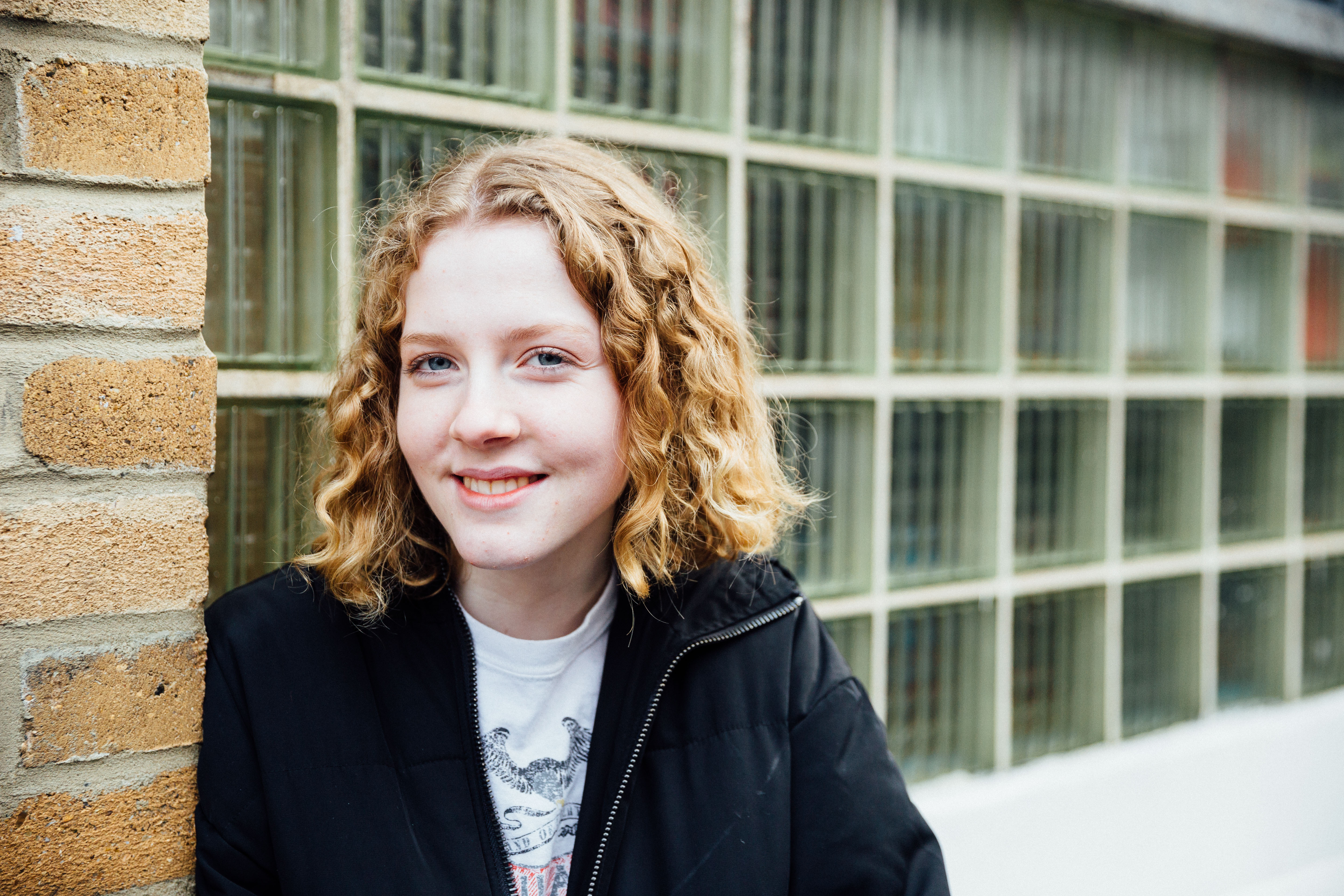- 4 x 15-minute modules.
- Suitable for all early years practitioners.
Learn how to confidently recognise the signs of hearing loss, provide support, and improve the listening environment in your setting.
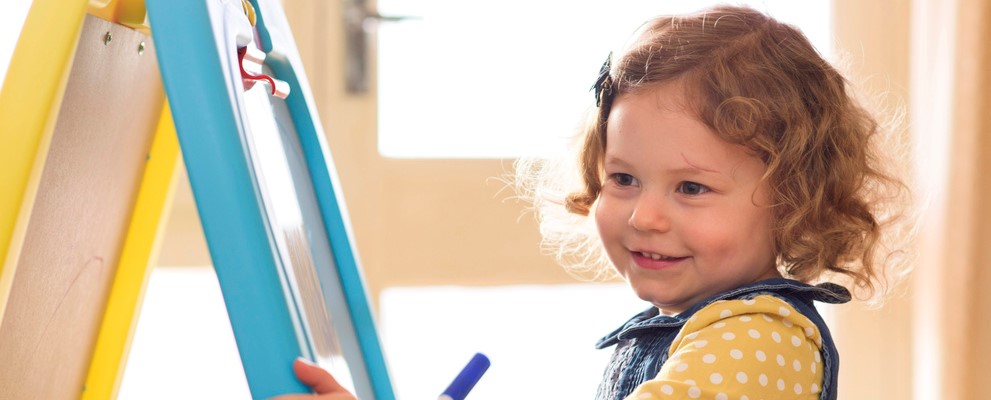
- CPD accredited.
- 15-minute training module.
- Suitable for all mainstream educators/practitioners.
Learn about temporary hearing loss - often caused by glue ear - that can affect children and get practical suggestions for adapting your practice to support children who are affected.
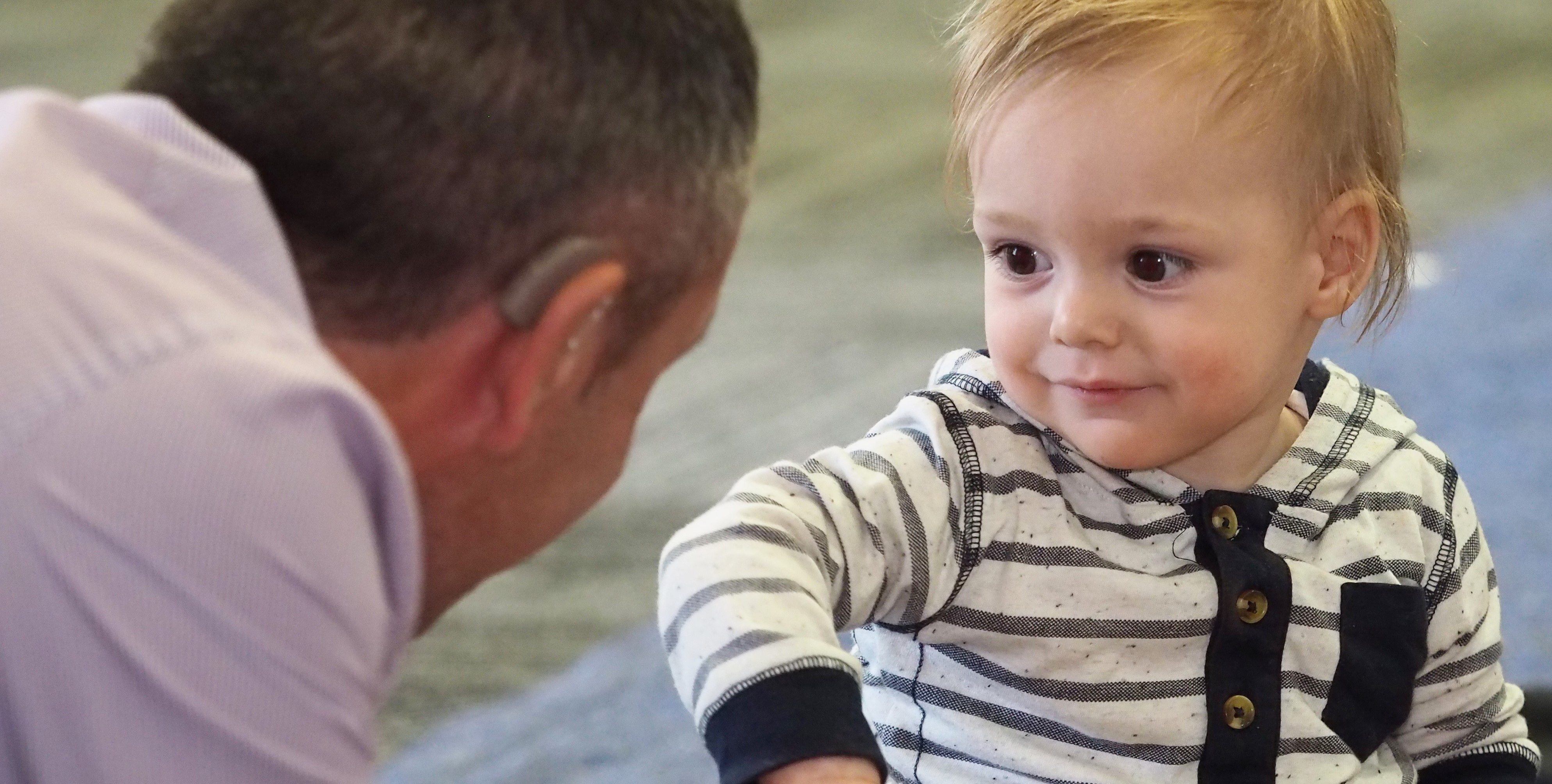
- 10-minute training module.
- Suitable for all mainstream educators/practitioners.
Learn about childhood deafness and the impact it can have on the early years, discover simple steps you can take to improve communication, and find out where you can get more support and information.
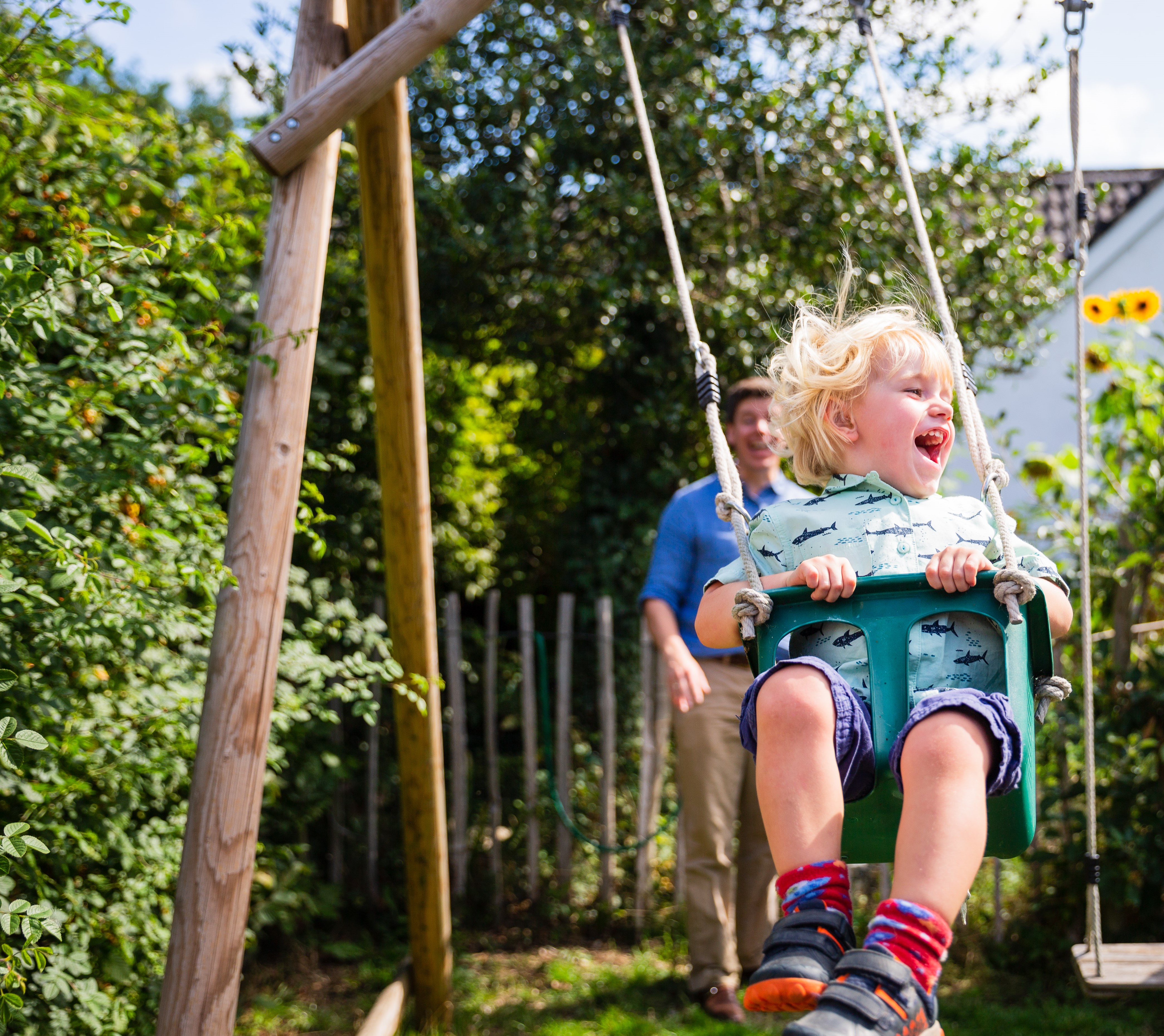
- CPD accredited.
- 15-minute training module.
- Suitable for anyone with little or no prior knowledge of deaf awareness.
Become more aware of the challenges that deaf people experience when trying to communicate with hearing people, learn basic fingerspelling and British Sign Language greetings, and discover things you can do to make lip-reading easier.
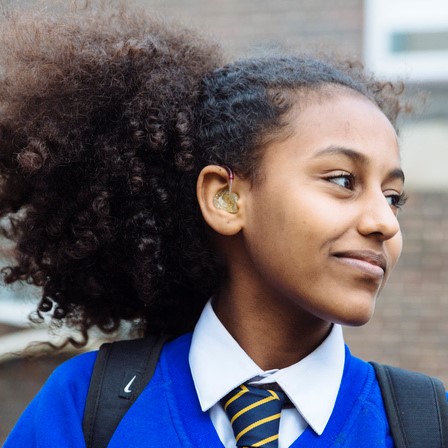
- CPD accredited.
- 4 x 30-minute training modules.
- Suitable for all professionals working with deaf children and young people.
Find out more about the hearing devices and assistive technologies that are available to support deaf children and young people in their education, work and general life.
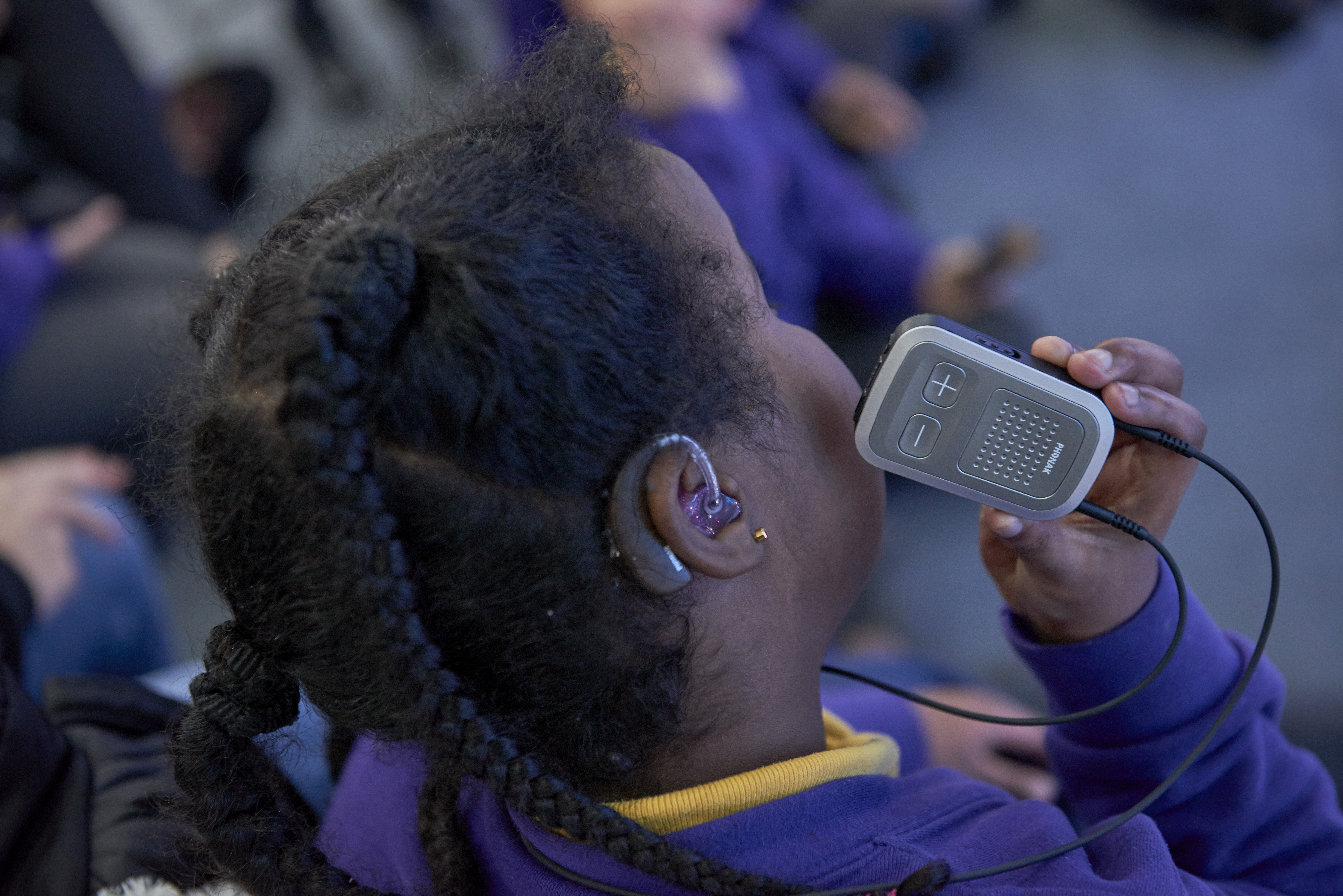
- CPD accredited.
- 2 x 30-minute training modules.
- Suitable for all professionals working with deaf children and young people.
Learn to identify and respond to the bullying of deaf children and young people, and find out how to fully support those affected by it.
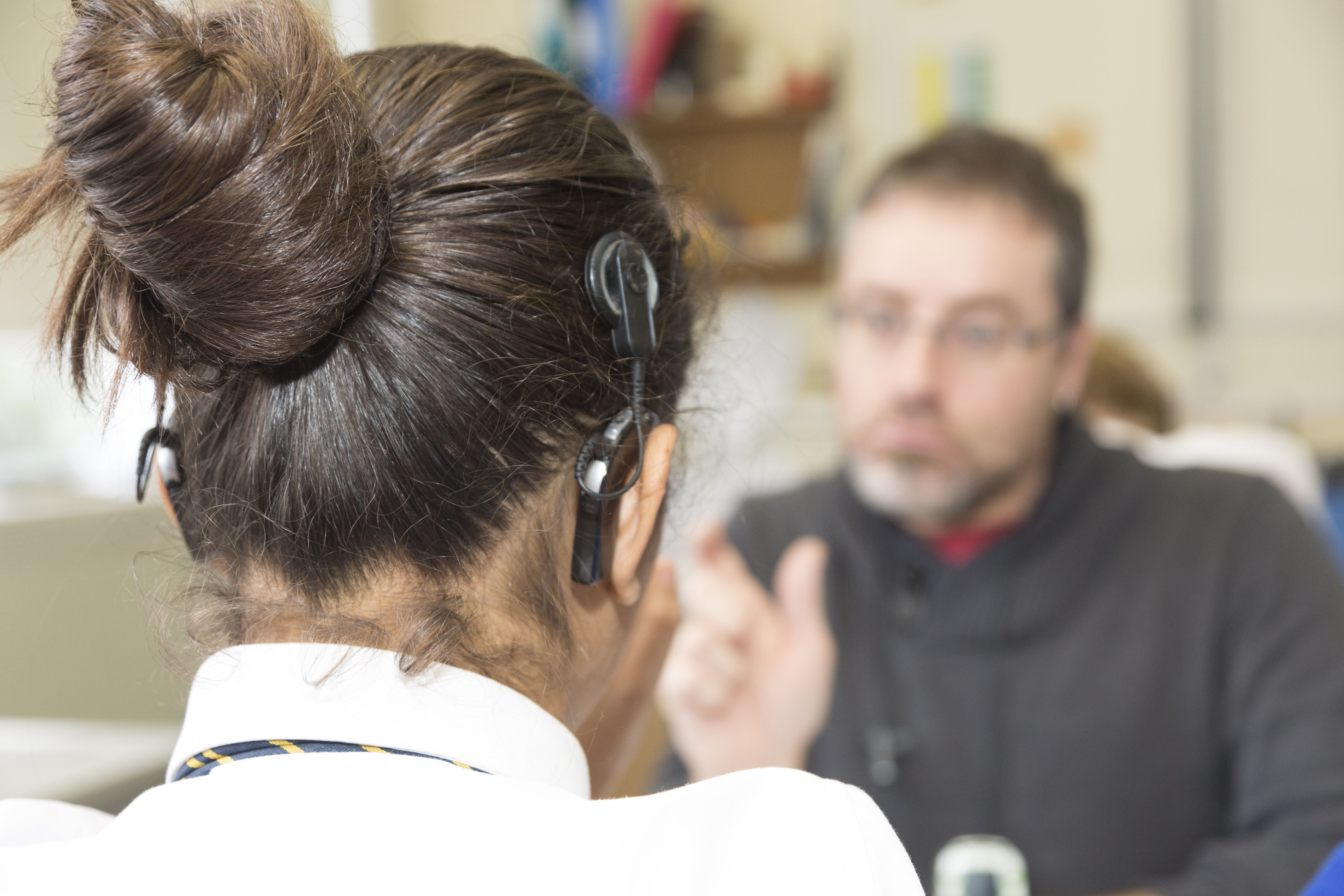
- 1-hour training module.
- Suitable for non-specialist social care professionals working with deaf children or young people in a range of settings.
An introduction to the social care needs of a deaf child. You'll learn how to identify where additional support may be needed and what you should do if you have any concerns.

- 1-hour training module.
- Suitable for anyone working with or providing activities for deaf children or young people.
Gain a better understanding of childhood deafness and how to adapt your approach to providing art, sports or leisure activities to ensure your services are deaf-friendly and inclusive.

- 1-hour training module.
- Suitable for all professionals working with deaf children and young people.
Discover the simple adaptations you can make to ensure activities or services are deaf-friendly and inclusive, and learn about the different types of communication deaf children and young people use.

- 1-hour training modules containing country-specific information.
- Suitable for anyone providing careers advice to deaf young people, no previous experience of deafness is needed.
These e-learning modules will improve your deaf awareness within the context of offering careers advice. They will help ensure your advice sessions are fully accessible for deaf young people.

- Modiwl hyfforddi 1 awr yn cynnwys gwybodaeth wlad-benodol.
- Mae’r modiwl e-ddysgu hwn wedi cael ei greu yn benodol ar gyfer cynghorwyr gyrfaoedd yng Nghymru.
Bydd y modiwl e-ddysgu hwn yn rhoi i chi gyflwyniad i ymwybyddiaeth am fyddardod ac yn eich helpu chi sicrhau bod eich sesiynau yn hygyrch i bobl ifanc byddar. Bydd hefyd yn amlinellu rhai pwyntiau allweddol i’w hystyried wrth gyflwyno cyngor gyrfaoedd i bobl ifanc byddar.
Bydd y modiwl e-ddysgu hwn yn rhoi i chi gyflwyniad i ymwybyddiaeth am fyddardod ac yn eich helpu chi sicrhau bod eich sesiynau yn hygyrch i bobl ifanc byddar. Bydd hefyd yn amlinellu rhai pwyntiau allweddol i’w hystyried wrth gyflwyno cyngor gyrfaoedd i bobl ifanc byddar.
